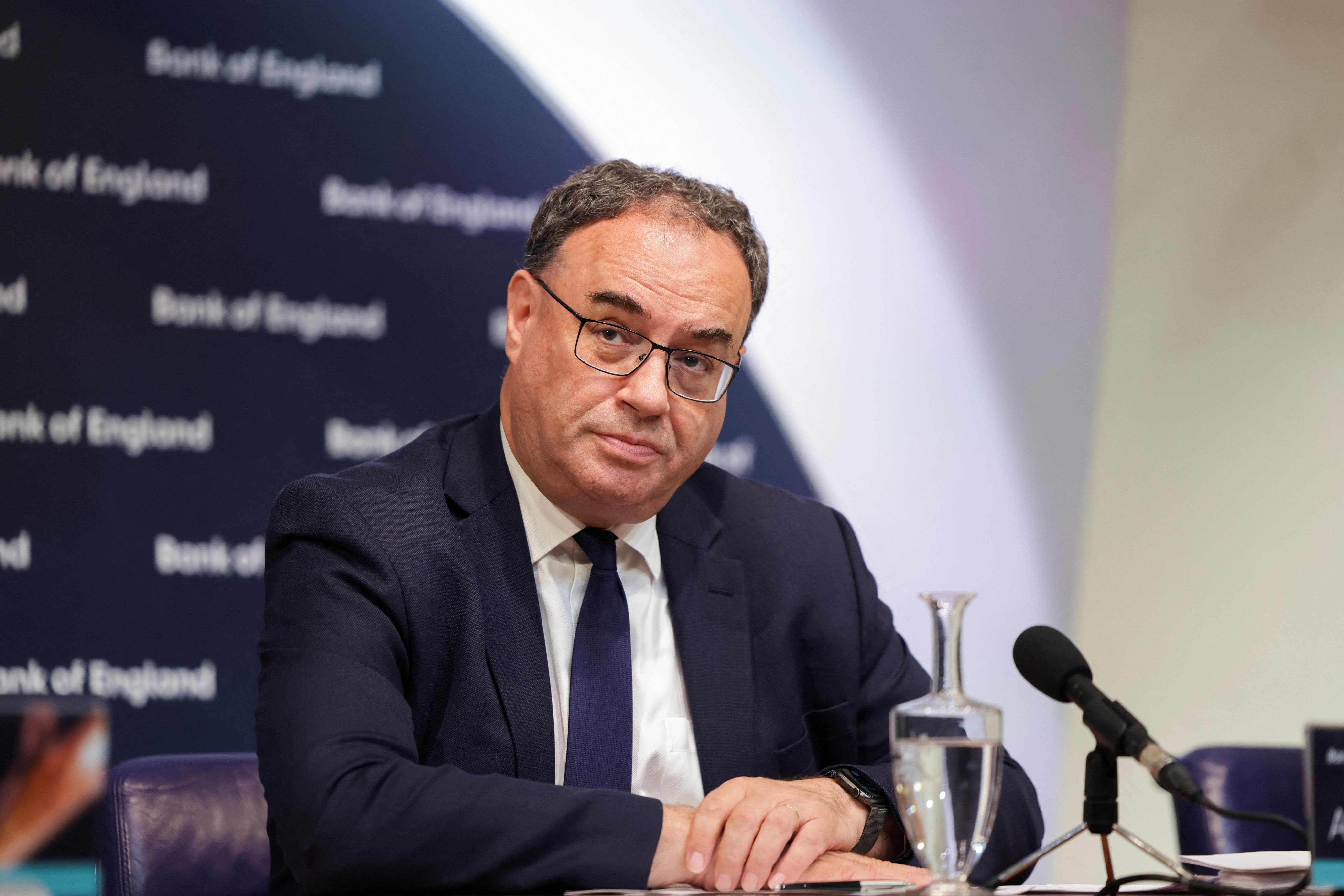The banking system has broken Britain – enough is enough
Letters to the editor: our readers share their views. Please send your letters to letters@independent.co.uk

If anything shows us the current banking model is broken, it is the additional profits made by the country’s top four lenders as a direct result of soaring mortgage rates and their simultaneous refusal to raise interest rates for savers. This should be a wake-up call to show us that enough is enough, and the banking industry needs to change for good.
The banking industry is rooted in the traditional profit extraction practices that keep profits high and returns to customers low. And, due to the “era of easy money” where borrowing costs were low and we saw little movement in the Bank of England base rate, customer inertia became even more pronounced. This inertia means that customers are sticking with their bank despite below-par products even though they are being taken advantage of as someone profits from their savings.
High inflation remaining steady and consumers struggling with the cost of living crisis shows it is simply unacceptable for banks to be putting profits above their customers. We must actively pressure banks to pass on rates to savers and encourage consumers to shop around and find the best deal so that they can make the most of their money, or their bank will.
As the founder of digital bank Kroo, I hope that as an industry we can work together to change these outdated and unfair practices and build a better relationship between customers and their banking providers in the future.
Nazim Valimahomed, founder and CPDO of Kroo
London
Starmer needs better stage partners
What on earth is Sir Keir Starmer doing having a love-in with Tony Blair?
Many people will be, quite rightly, aghast at the Labour leader, possibly the future PM, light-heartedly having a superficial discussion regarding very little of any consequence with a man so despised in Britain.
Tony Blair sent British soldiers to Iraq solely through a desire to help George Bush complete a job his father failed to finish. Not only did Blair lie to the whole country but he has, in my opinion, tried to whitewash his actions ever since.
I wouldn’t take much notice of a meeting between Starmer and Jeremy Corbyn, but I believe it would have been much more preferable to one which included Blair.
Sir Keir has gone down in my opinion and I would advise him to better choose his stage partners.
Keith Poole
Basingstoke
Braverman is putting us more at risk
Home secretary Suella Braverman has just announced the government’s latest counterterrorism strategy, in which she argued that the “primary domestic threat comes from Islamic terrorism”.
Braverman had nothing to say about the terror threat in the UK from far-right and neo-Nazi groups, which Neil Basu, then UK head of counterterrorism, identified in 2019 as the UK’s “fastest-growing terror threat”. In March 2022, the assistant commissioner Matt Jukes, head of counterterrorism, announced that 41 per cent of counterterrorism arrests in 2021 were of extreme right-wing suspects and that 19 out of the 20 children arrested for terrorism offences over the previous 12 months were motivated by extreme right-wing ideas.
Last November Andrew Leak threw three incendiary devices at a refugee centre in Dover. Counter Terrorism Policing South East concluded that Leak was motivated by “far-right ideology”.
Yet a day after the attack Braverman made a speech in the Commons in which she used language such as “criminals” carrying out an “invasion” of the UK when describing migrants. Braverman refused to stop vilifying asylum seekers or moderate her language against them even when Holocaust survivor Joan Salter challenged her, only days before this year’s Holocaust Memorial Day.
Braverman’s reluctance to identify the growing terrorist threat from the far right is dangerous for both refugees and the public at large. If her ongoing war against asylum seekers doesn’t constitute “terror”, then the word has lost all meaning.
Sasha Simic
London
A lesson to learn
There can be few people in this country who aren’t painfully aware that times are hard. We are seriously crippled by debt as a nation and Rishi Sunak’s understandable but clumsy efforts to rationalise higher education options for students by expecting degree courses to reach a baseline of economic viability automatically gives rise to the usual shrill indignation from the usual quarters.
The objectors cite an apparent loss of “thoughtful individuals” who it seems are only produced when their degree course choices have little commercial value and are unlikely to generate a viable income upon graduation. Clearly, this cannot be the case but it appears some truly believe that only degrees in obscure subjects like Greek mythology or medieval manuscripts can engender enlightened, uplifting people who can enrich our dreary lives with their creative input.
Those “commercially unviable” degrees will remain an option but more than likely will regrettably return to being something for the upper echelons with the private resources capable of financing these purely academic studies.
The insulting inference from some postulates that the student who seeks to undertake a degree in some subject that might have commercial “worth” is somehow less creative or valuable to society is wrong. To go on to loftily suggest those of us without the glorious “benefit” of a degree somehow exist "in the dark" takes the biscuit.
Degrees are a lifestyle choice and provided the student has the will, ability, and mental resolve to graduate and then deal with a £50K debt at the end of it then let them sign up. Irrespective of Sunak’s crass attempts to revise the system, the prime minister should learn that there will always be curricula that don’t fit into his (or anyone else’s) rigid criteria of what creativity or “value” looks like.
Steve Mackinder
Denver, Norfolk
Join our commenting forum
Join thought-provoking conversations, follow other Independent readers and see their replies
Comments